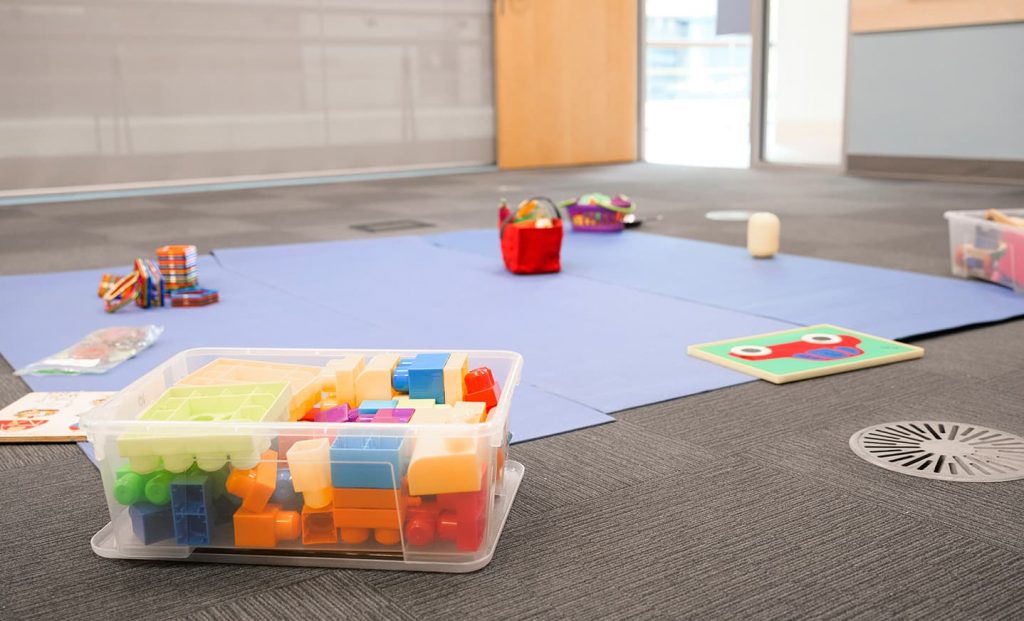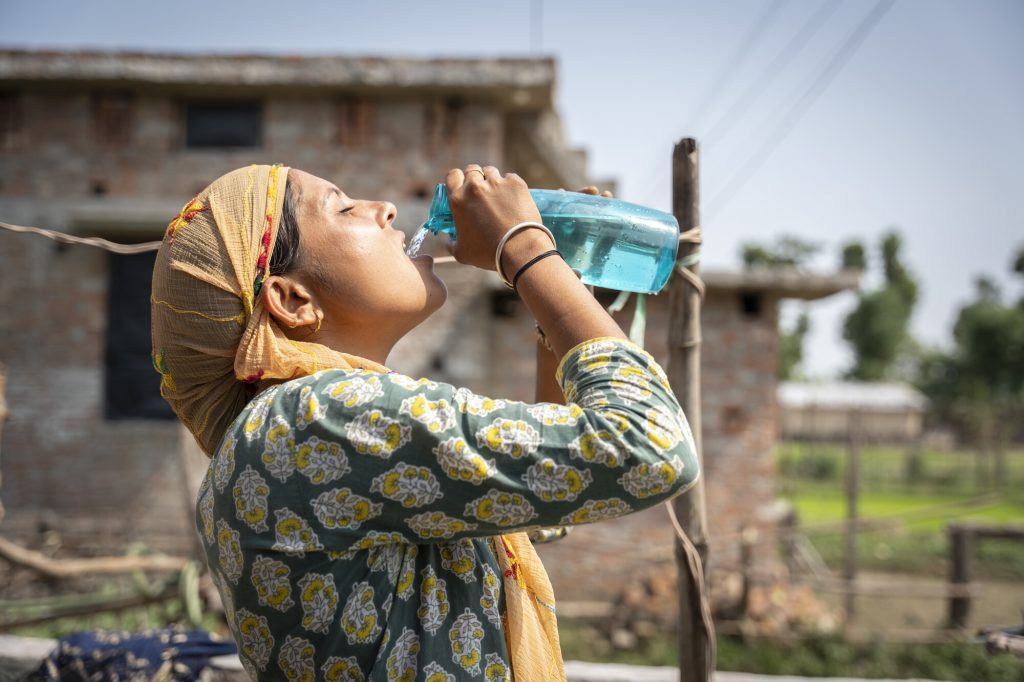The West Bank and Gaza: Stories from the Occupied Palestinian Territory and Israel
Shock. Despair. Outrage.
My recent trip to the West Bank left me reeling. I was there to meet Oxfam colleagues and partner organizations working in the Occupied Palestinian Territory and Israel.
The world’s eyes are on Gaza right now – and rightfully so. Two weeks ago, a horrific Israeli attack killed dozens of civilians in a tent camp in Rafah, and just last weekend, at least 274 Palestinians were killed during a hostage rescue operation, proving once again nowhere in Gaza is safe. While Israel continues to blatantly violate international humanitarian law and world leaders fail to act, we must urgently call for an immediate ceasefire and unimpeded humanitarian access.
But while it doesn’t often make the evening news, the violence and widespread human rights violations in the West Bank also deserve our attention.
SETTLER VIOLENCE ON PALESTINIAN LAND
In the Jordan Valley, I visited families who were driven off their land by violent settlers who ransacked their homes, smashed their solar panels and cut off their water supply. I met with Palestinian farmers on dry, dusty parcels of land. The water they had used for generations to irrigate their crops has been diverted to settlement farms, whose endless acres of palm trees are lush and green. The contrast was painfully stark.
I am haunted by the shouts of Israeli soldiers in Hebron asking my Palestinian colleagues to identify themselves, policing their every movement in their own city. When I looked up, I saw nets over our heads – the few remaining Palestinian shopkeepers in the old city had put them up to protect themselves from settlers who regularly throw trash and urinate on them from above, having taken over the upper floors of homes that once belonged to Palestinian families.
Signs of segregation and oppression are everywhere in the West Bank. During my week there, my Palestinian colleagues arrived late to many meetings – their cars have distinct license plates that forbid them from driving on the main roads controlled by Israeli forces, and they are constantly held up at military checkpoints. My colleagues from the Oxfam office in Ramallah could not join me for meetings in Jerusalem, as the city is off-limits to residents of the West Bank. The fact that Ramallah and Jerusalem city centers are less than 20km apart makes it all the more infuriating.
A DISREGARD OF INTERNATIONAL HUMANITARIAN LAW
In Bethlehem I saw the concrete Wall that has been erected by Israel, a horrible scar that cuts through Palestinian land and runs over 700 kilometers. It is twice as high as the Berlin Wall once was and equally ominous.
In Jerusalem, I met with UN officials coordinating the humanitarian response in Gaza. While the scale of violence is incomparable, there is a common thread to how Israeli authorities demonstrate such blatant disregard for human rights and international law across the Occupied Palestinian Territory. Palestinians in the West Bank witnessed an escalation of violence and annexation by Israel. Israeli settler violence, combined with severe movement restrictions imposed by Israeli forces and a marked increase in demolitions by the Israeli military, has resulted in the highest year for forced displacement since the UN started monitoring. There is a terrible sense of foreboding since the war erupted in Gaza.
Despite it all, I was inspired by the examples of humanity and solidarity during my trip. Farmers in the West Bank strategizing to send food to people on the brink of starvation in Northern Gaza. Israeli human rights organizations using the courts to fight for Palestinian rights and help Palestinian families locate hundreds upon hundreds of loved ones illegally detained in Israeli jails.
My visit to the region left my head spinning, but with the deep conviction that we can only see straight if we are guided by human rights. Indeed, that is the only path out of all this terrible darkness.

